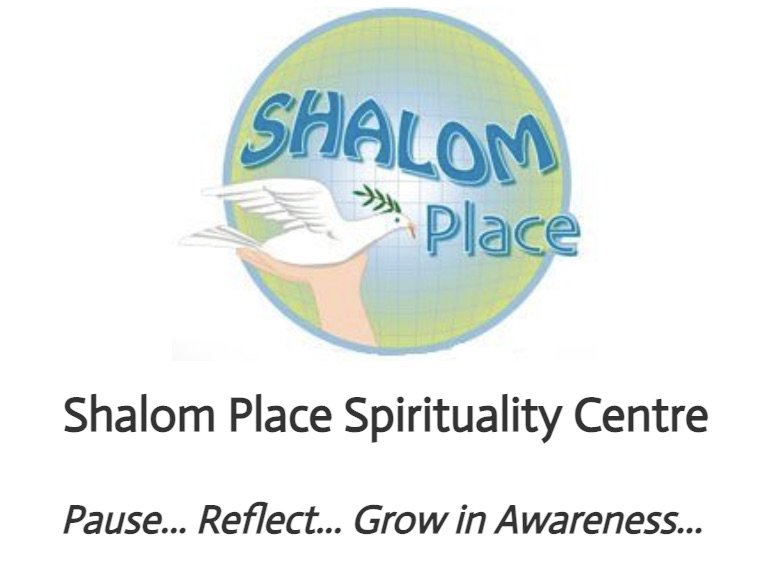 Image 1 of
Image 1 of


A Thousand Ways to Listen to Silence (Roberts)
Ego prefers to think it is awake, aware, and awash in truth. It mimics divine rest in chains of servitude, running a religious sweatshop beside the river of good intentions. I do not believe this is who we are, and the words of the 70+ poems herein reflect part of that discovery. I have seen them emerge out of a spiritual struggle with the unfamiliar. Soul-reflection, as a form of solitude, is a lost art in these days of ultra-connectedness, and while I don’t bemoan the beauty of the global community and networking that is happening on so many levels, I do think there’s a need to step back from it on a regular basis. Words have been my enemies as much as they have been my friends – ego, identity, and frustration still provoke me deeply – they are articulated within these works, but there is also a longing for freedom for all humanity that is central to the profound experience of divine love.
Ego prefers to think it is awake, aware, and awash in truth. It mimics divine rest in chains of servitude, running a religious sweatshop beside the river of good intentions. I do not believe this is who we are, and the words of the 70+ poems herein reflect part of that discovery. I have seen them emerge out of a spiritual struggle with the unfamiliar. Soul-reflection, as a form of solitude, is a lost art in these days of ultra-connectedness, and while I don’t bemoan the beauty of the global community and networking that is happening on so many levels, I do think there’s a need to step back from it on a regular basis. Words have been my enemies as much as they have been my friends – ego, identity, and frustration still provoke me deeply – they are articulated within these works, but there is also a longing for freedom for all humanity that is central to the profound experience of divine love.
Ego prefers to think it is awake, aware, and awash in truth. It mimics divine rest in chains of servitude, running a religious sweatshop beside the river of good intentions. I do not believe this is who we are, and the words of the 70+ poems herein reflect part of that discovery. I have seen them emerge out of a spiritual struggle with the unfamiliar. Soul-reflection, as a form of solitude, is a lost art in these days of ultra-connectedness, and while I don’t bemoan the beauty of the global community and networking that is happening on so many levels, I do think there’s a need to step back from it on a regular basis. Words have been my enemies as much as they have been my friends – ego, identity, and frustration still provoke me deeply – they are articulated within these works, but there is also a longing for freedom for all humanity that is central to the profound experience of divine love.
